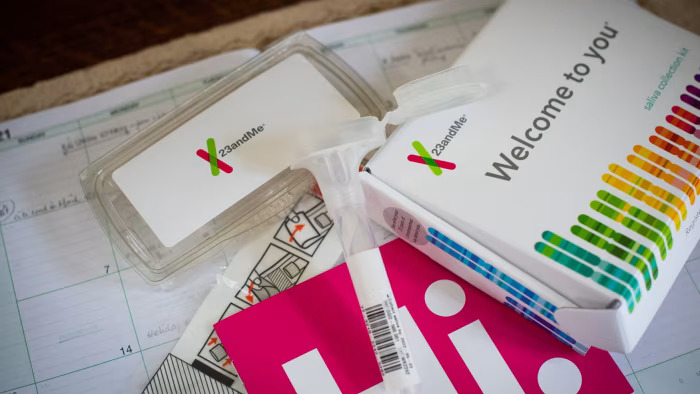When a company has access to the DNA of millions of files for bankruptcy, it’s more than a financial issue—it’s a full-blown privacy crisis. That’s exactly where 23andMe now stands, as the once-popular genetic testing company enters Chapter 11.
This week, three senior Republicans on the House Energy and Commerce Committee—Reps. Brett Guthrie, Gus Bilirakis, and Gary Palmer sent a letter to interim CEO Joe Selsavage.
Their aim? To pin down exactly what happens to all that sensitive genetic information if 23andMe ends up being sold. After all, customers are understandably anxious about whether their raw DNA profiles and health insights might change hands.
Some former users say they’ve hit roadblocks trying to erase their data from the company’s database. Since direct‑to‑consumer genetic tests fall outside the scope of HIPAA, there’s no single federal rulebook guarding this information.
Instead, you get a patchwork of state laws—and no clear guarantee that, in a bankruptcy sale, your genomic blueprint won’t be part of the deal.
“Since HIPAA doesn’t cover these tests and state genetic‑privacy laws vary wildly, we fear that customers’ sensitive data could be swept up and exposed in any bankruptcy sale,” the Congressmen warned.
This investigation follows a hefty $30 million settlement 23andMe paid last year to close a lawsuit tied to a major data breach.
Now, with co-founder Anne Wojcicki stepping down to make a private bid for the company, the road ahead for both the service and the vast trove of user data it holds has never looked more uncertain.
For those who once sent in their DNA for ancestry or health insights, the message is clear: monitor your account settings, keep a record of any deletion requests, and stay alert as lawmakers, courts, and 23andMe decide what happens to your data—and who gets to keep it.














